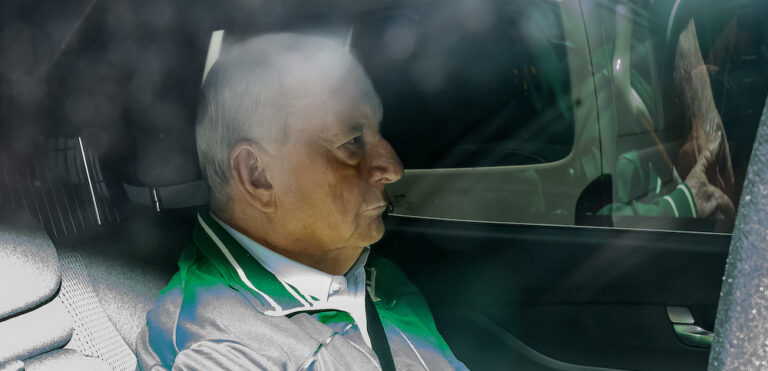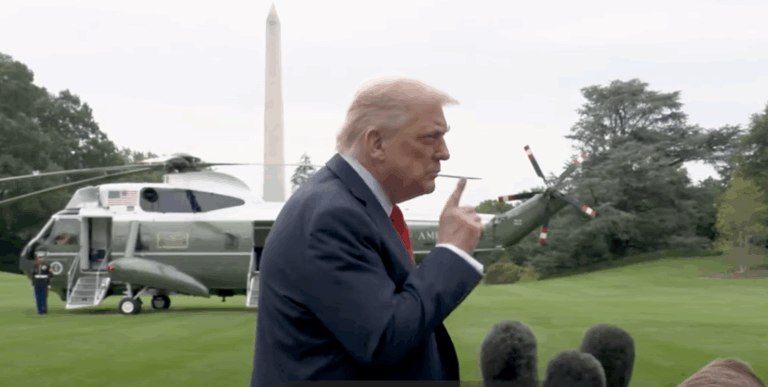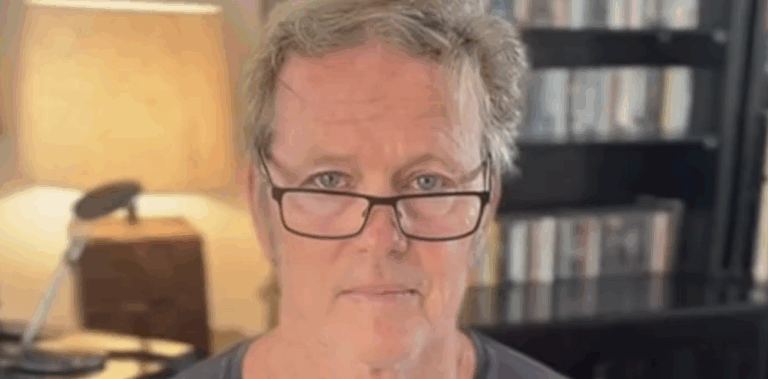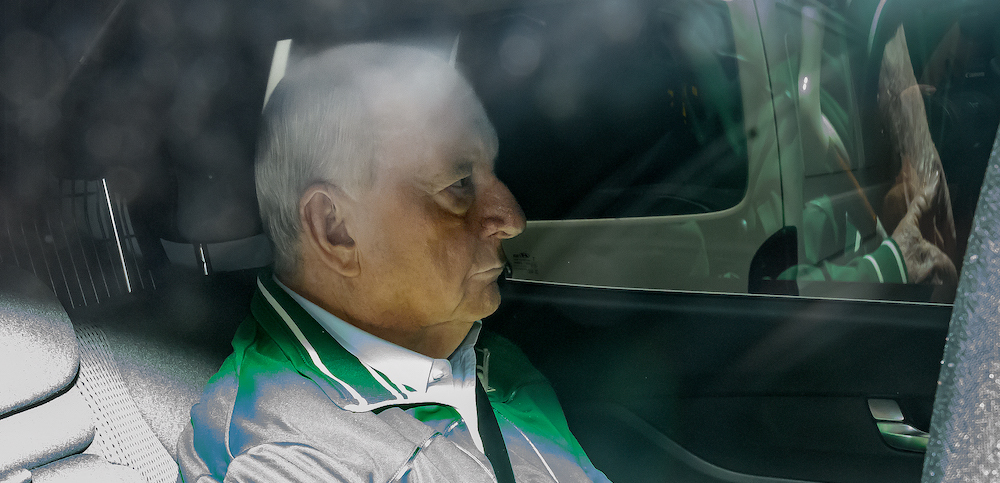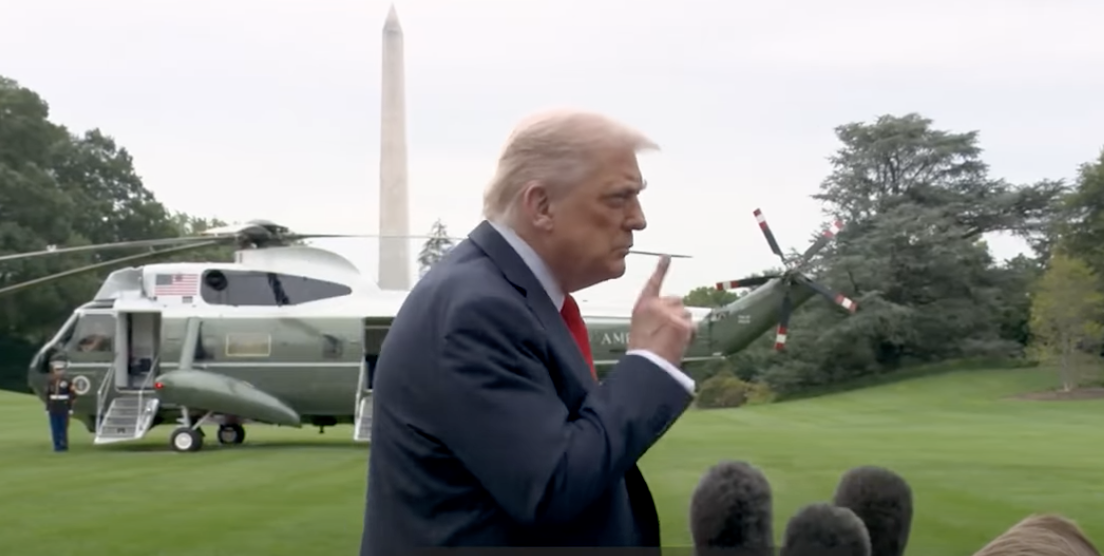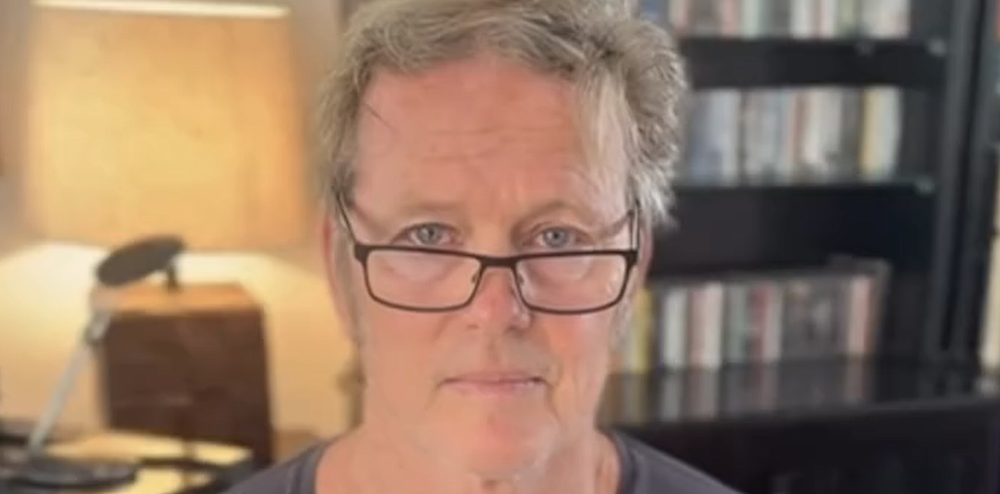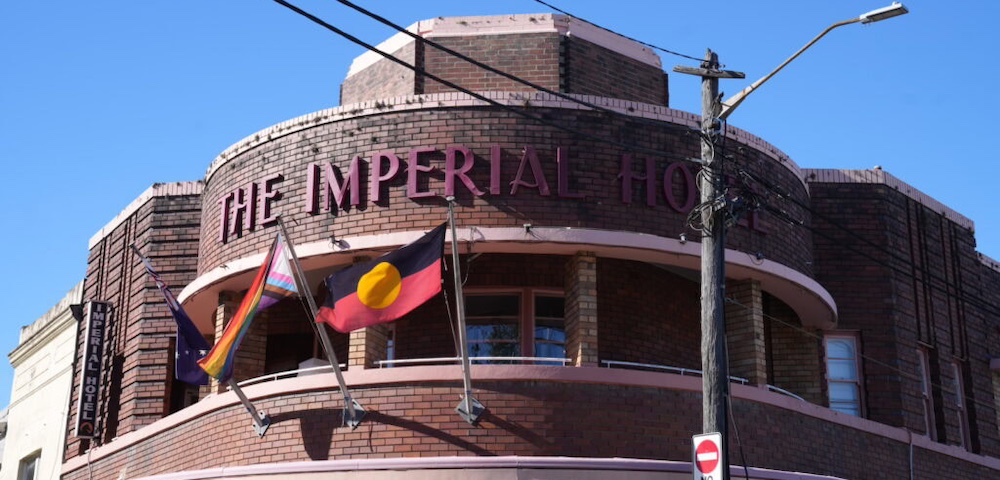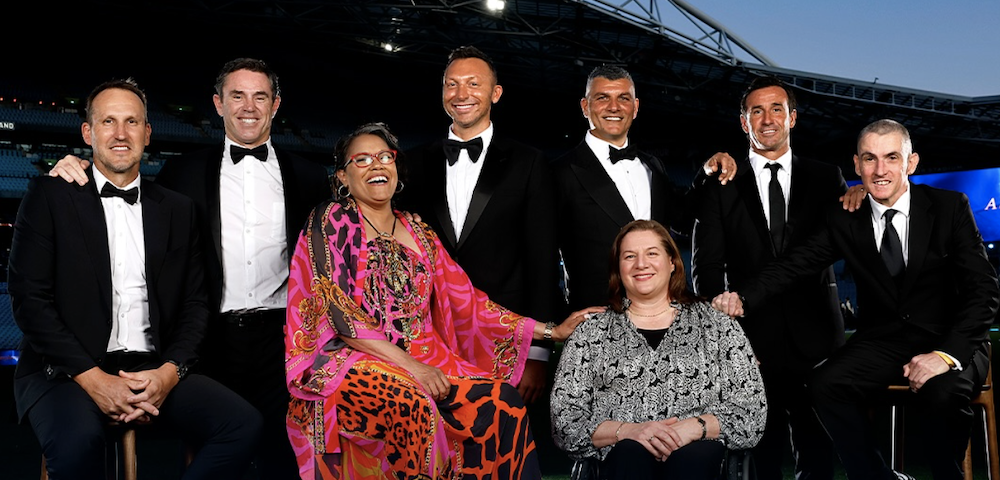

Multiple advocacy groups have called on Premier Chris Minns to implement a whole-of-government drug and alcohol strategy as the NSW Drug Summit wound to a close yesterday.
The Summit- the first of its kind of be held in 25 years- finished up its Sydney leg over Wednesday and Thursday this week, after starting in Griffith and Lismore in November.
A whole-of-government approach is what many groups have been advocating for years, and would bring together health, social services, and legal perspectives in order to plug the gaps in the system.
“This Summit brought together a broad group of stakeholders, and we had some productive discussions – but it can’t stop there,” said CEO of NSW Council of Social Services Cara Varian. “It was clear that we are failing our most marginalised communities, including First Nations people, young people and culturally and linguistically diverse communities. People, their families and their communities must be at the core of the Government’s response.”
Dr Robert Stirling, CEO of Network of Alcohol and Other Drugs Agencies, touched on similar issues, saying that it’s not too early for the government to react.
“We already know what needs to be done,” Dr Stirling said. “We just need the Government to get on with the job.”
Both organisations released research this week highlighting the struggles service providers on the frontline are facing.
NADA shared their waitlist data, revealing that more than 1,800 people are on the waitlist for treatment services every day, the number climbing to more than 2,660 for those waiting for multiple service types.
NCOSS is facing a lack of critical funding despite record high numbers of people seeking help, and are having to turn people away.
“The lack of early intervention services means our members are quite literally on the street intercepting young people from being recruited to use drugs, or deal drugs,” said Ms Varian. “If the Government wants to shift the dial on these issues, it needs to support the service providers on the frontline doing incredible work.”
Advocacy groups call for smaller police presence
A coalition of non-government alcohol other drugs groups were united in their call to scale back police presence at festivals and other events and celebrations like Mardi Gras. In their submission to the Summit, the Inner City Legal Centre, alongside Redfern Legal Centre, NUAA, Harm Reduction Australia, NADA, Shopfront Youth Legal Centre and others groups called for the end of strip searches for minor drug possessions. They highlighted the misuse of drug detection dogs, coercive questioning, and unlawful searches at World Pride events in 2023.
The groups claim that invasive searches of queer, intersex and gender diverse people had an embarrassing and traumatic impact, especially in situations where police have not received the necessary training to work with trans and gender diverse people. For a group that already faces discrimination and social exclusion, police had a much greater, and more negative impact in queer communities.
Report to be delivered in 2025
In the wake of the Summit, co-chairs former NSW Labor deputy premier Carmel Tebutt and former Liberal opposition leader John Brogden will deliver a report to the government next year, which NSW Health Minister Ryan Park has emphasised will have no restrictions.
“They’ve been given no limitations,” Mr Park said.
“They’ve been given no set agenda. While there are things that we will agree and not agree on — absolutely — that report will be handed to government in a faithful way.
“The government will then, across its portfolios and ministers engage, review and report back, importantly, in a very timely manner.”
